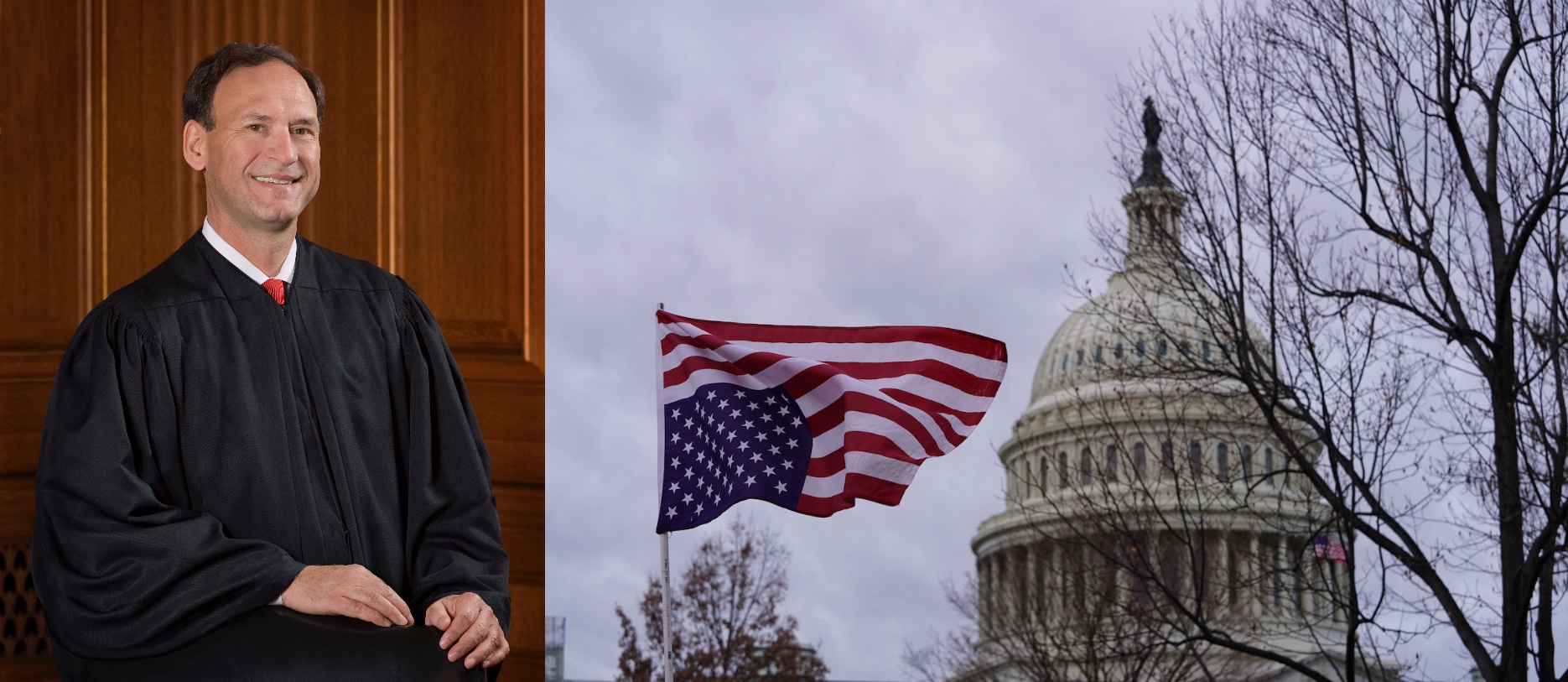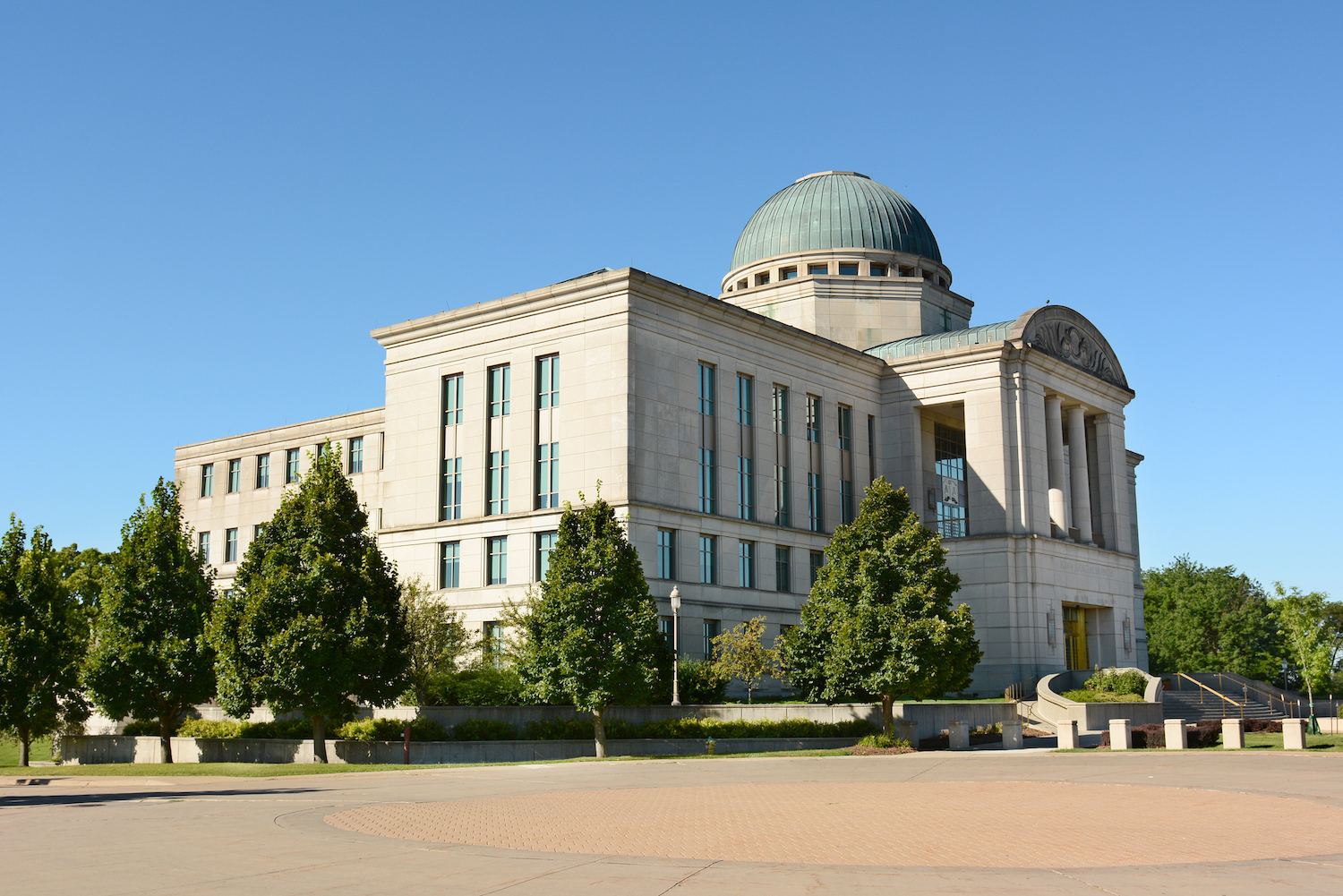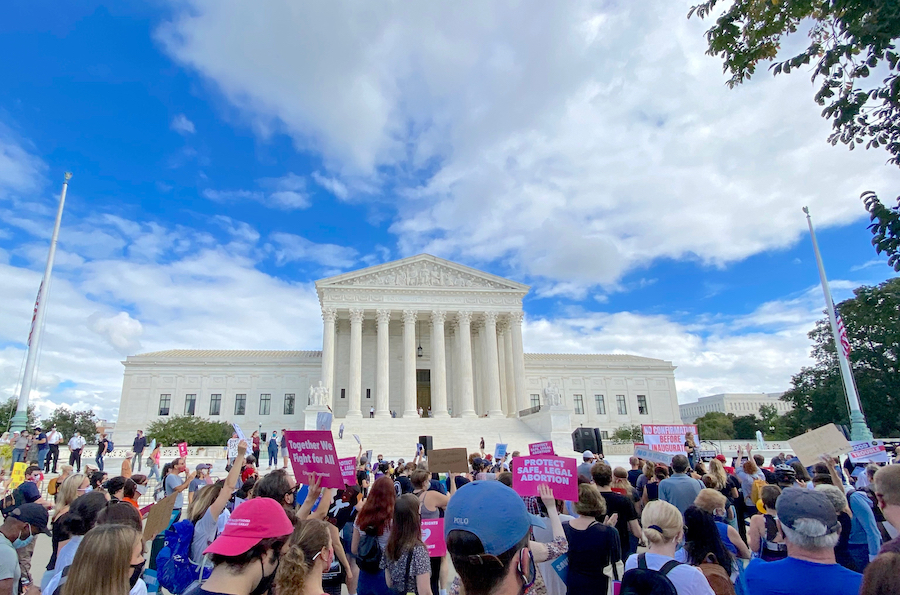Randy Evans is executive director of the Iowa Freedom of Information Council and can be reached at DMRevans2810@gmail.com.
Here is a tidbit from my years as a newspaper reporter and editor:
I never voted in a primary election, never attended the Iowa caucuses, never stuck a candidate’s sign in my yard, never had a bumper sticker on my car, never signed a petition, never donated to a campaign.
When Sue and I married, she got something more in the deal than my sparkling personality. She knew she could not have any yard signs, because people driving past our home would not know which part of the yard was for her opinions and which was for mine. To eliminate any confusion, there were no yard signs. Period.
Continue Reading...



